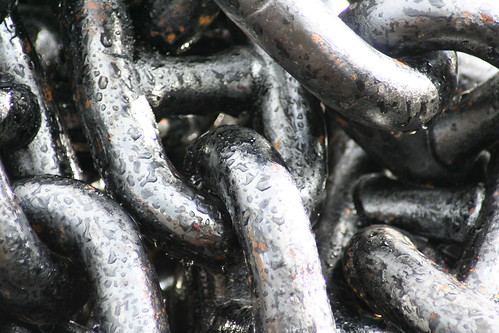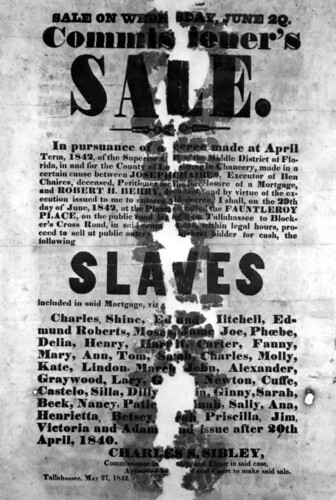While [sic] I believe (and I would encourage all Christians to believe) that every homosexual individual deserves all of the same rights and protections that heterosexual individuals enjoy — and preventing gays from suffering bullying, for instance, is absolutely a civil rights issue.
Well, not exactly a civil rights issue. More a human dignity issue. But in the case of protection in the law, yes. In terms of hate crimes and such, yes!
I believe all humans are, essentially and in themselves, equal in the eyes of God and ought to be treated as equal before the law.
Wow. That was just... I'm amazed! I'm floored, really; I can't believe such a prominent member of the religious right is making such a bold declarative statement on behalf of the rights of LGBTQI.
But...
Ah, daggannit. Spoke too soon, didn't I? I shouldn't be surprised, of course. Just, I...
...just as it does not follow that every human action is equal in the sight of the law (the state has every right to treat people differently on the basis of their actions), so it does not follow that every human relationship need be equal in the sight of the law.
SMDH.. One can assume just from this that Dalrymple isn't arguing that homosexuals are equal before God. Certainly I'd expect him to say that same sex/queer relationships aren't "God's plan for our best" or some such argument that the Christian church should continue to shun, alienate, and perhaps belittle non-heterosexual relationships. But this goes the extra step to say that such relationships should also not be recognized as on equal level with heterosexual relationships.

I can see why gay rights advocates make the comparisons in their plight to the struggles of Black slaves and unwilling-participants of Jim Crow, and I can also see why such incomplete comparisons are troubling to African Americans (in that making such comparisons is belittling to both struggles with their unique identities). But Dalrymple here brings up a very familiar argument I hear in studying Black US history: Of course they are equal before God and before the law. Except in practical terms. And they're not really human, too.
Also.
Oh, and the short answer to Timothy's question? The same biblical exegesis used to promote freedom for slaves is the same used to liberate Christianity from homophobia. The same exegesis used to promote slavery is the same used to entrap Christianity within homophobia - and thus teach that White, heterosexual Christianity serves a God who can't see outside White, heterosexual Christianity, and is afraid and hateful of those outside the gates.
Oh yeah. Gatekeeping.
Come on, Timothy. Surely you can do better. I believe in you.
EDIT:
There is much more to say about this. I know that many would argue that Timothy - who is a Facebook friend of mine, though we never interact - is a good guy and that others would argue that there isn't a homophobic bone in his body, etc., etc. The truth is, whether or not he, personally, is a bigot is not the point. I don't blog just to point out the errors and the prejudices of specific people - that would take too long and that's what HuffPo is for. I'm also not interested in whether or not this person has a good heart and is kind to homosexuals/kittens/undocumented/little old ladies. I mean, it'd suck if he wasn't and be nice if he was. I'm taking issue with his stated words which have power. I'm interested moreso in patterns and particularly the patterns of Evangelicals that are used to silence, shame, sequester, ostracize and, yes, oppress those who are different than they. And Mr. Dalrymple is but one of many, many, many within that movement - that I myself am a native son of and still love and want to identify myself with - that make such alarming and disastrous mind-bends. It is a very, very, very unloving and unChrist-like and bigoted position and posture to publish to take against people while at the same time say that you're NOT taking such a position against people. This is not to mention how the guest post was all sorts of wrong, using a tradition that has not been kind to women, the poor, slaves, and people of other faiths and ethnicities as a rubric for how we should now treat gay, lesbian, bisexual, queer and trans* people.
Not cool. Not cool for Dalrymple. And not cool for Evangelicals who read and agree with his positions and further along marginalization and oppression in the name of a man who affirmed, invited and welcomed all outcasts and outsiders.
Not. Cool.





